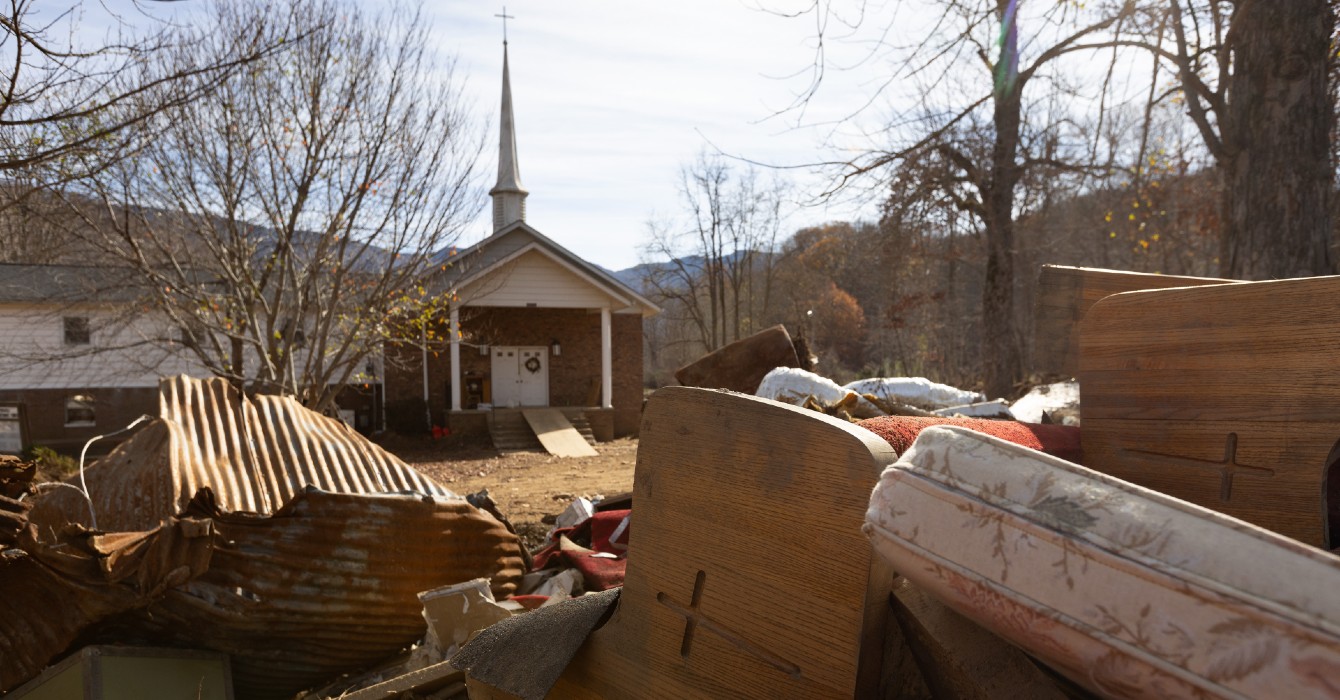Who supports you in times of crisis?
Families and congregations can help sustain us through life’s difficulties, but institutions also play a crucial role, writes the executive director of Leadership Education at Duke Divinity.
Recently published
Families and congregations can help sustain us through life’s difficulties, but institutions also play a crucial role, writes the executive director of Leadership Education at Duke Divinity.
 Link to author David L. Odom
Link to author David L. Odom
In a world that is volatile, uncertain, chaotic and ambiguous, it’s important to keep learning. But that means taking risks.
 Link to author Chris Aho
Link to author Chris Aho
In a culture that expects relentless productivity, we need to shift perspectives to value rest, writes a director of programs and grants at Leadership Education at Duke Divinity.
 Link to author Mycal X. Brickhouse
Link to author Mycal X. Brickhouse
A Washington, D.C., nonprofit celebrates the 40th anniversary of its ministry of medical support, community building and leadership in the field.
 Link to author Edie Gross
Link to author Edie Gross
Celebration and imagination fuel resilient, faithful leadership, writes a director of programs and grants for Leadership Education at Duke Divinity.
 Link to author Elizabeth Tamez Méndez
Link to author Elizabeth Tamez Méndez
After large-scale crises, big-steeple churches anchor communities using their unique status, relationships and networks to help communities respond and rebuild.
It is especially important in difficult times to understand what an authentically abundant life is and to engage in spiritual practices to sustain it, writes a psychologist who focuses on faith and mental health.
 Link to author Jessica Young Brown
Link to author Jessica Young Brown
It’s important to recognize that while metrics tell part of a congregation’s story, they cannot measure the stirrings of conviction or the whispers of the Spirit, writes a church leadership consultant.
 Link to author Chris Aho
Link to author Chris Aho
A Chicago resident and her neighbors respond to federal agents, drawing upon the city’s organizing tradition in a time when people feel under threat.
 Link to author Celeste Kennel-Shank
Link to author Celeste Kennel-Shank
History reminds us of the importance of relationships, especially when our humanity is threatened.
 Link to author Emma Akpan
Link to author Emma Akpan
“Suicide and the Communion of Saints” offers theological and practical resources to help individuals and communities deal with suicide and its aftermath.









